With the recent announcement of the shortlist for the 2022 Learning Awards we begin a weekly series of L&D QuestionTime featuring those individuals shortlisted – we continue the series with Karen Powell – Shortlisted in the Learning Leader of The Year Category.

In your opinion what is the biggest anxiety within the world of learning and development at the moment?
I think there are a couple of different things causing anxiety. The first is the pace at which skills are changing is unprecedented and I’m not sure everyone has a complete understanding of the skills needed for the future. That is then compounded with not having a good grasp of the skills that currently exist within the four walls of our companies. The second would be navigating the many options for learning platforms, resources, vendors.
There are so many options with more joining every day. Many are not plug and play using existing company resources, so it takes commitment in dollars, head count and time; and once you’re committed it’s not easy to pivot from system to system. The third item and probably the toughest to navigate is the mindset shift that is needed by employees and leaders. Employees want to work differently, they want choice, and that requires a shift in mindset in how we work, how we tap into skills and how we deploy those skills. I think there is a lot of anxiety to catch up and to get it right.
Who or what is informing your thinking around L&D?
There are many things informing my thinking, starting with the business and the business growth strategy and the skills needed to deliver on that strategy. I also consider market and labour force data as well as the internal qualitative and quantitative data There are leaders in the marketplace whose curation of the information available help to form my thinking, such as Josh Bersin (Bersin Academy) and David Green (Insight 222). Additionally, people like David Urlich, Adam Grant, and Rob Cross. Then I also like to keep an eye on the financial markets to see what start-ups in our space are securing funding and who the larger companies are buying.
What is the most exciting innovation on the horizon for learning?
We know where people want to work is changing, but also how and when they want to work. When you think about “work without jobs” people are going to be constantly learning so they are continuously evolving to stay relevant, leading to more engagement and higher productivity. To enable the changes organizations are going to need to have open access, immersive and future proofed learning; we need to empower employees to learn what and when and how they prefer. I think AI will continue to evolve to give employees the real time insights to make their decisions and advance their careers. The right AI will be the driver of future organizations.
What “game changers” would you like to see and why?
As mentioned, I think AI technology and interactive, immersive technologies are going to play an enormous role in the future of learning. I’d like to see new products be more agile, plug and play or even be add-ins to the platforms and systems already in place. It’s a big under-taking for most companies to pivot to new technologies and we can’t afford to pivot all the time or wait for our existing partners to catch up. That may mean vendor competitors will have to partner more to evolve products.
What do you think the world of L&D will look like by 2030?
Learning agility and problem solving will be the future currency. I’m excited about the frenetic pace of new skills, and the change in how we all want to work. I think by empowering employees to build their skills so they can work when and how they want will be a huge game changer. I read an HBR article this week that said that “instead of learning on the job – learning is now the job” and I think that is perfectly reflective of where we are moving to.
What advice would you give your 21-year-old self?
Have opinions and share them but make them educated and data driven opinions. Its ok to be the square peg in the round hole. And you don’t have to measure success the way others do, there is no one path to success.
Connect with Karen via LinkedIn
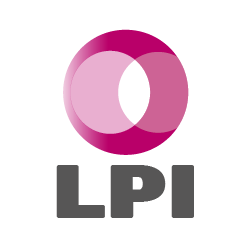

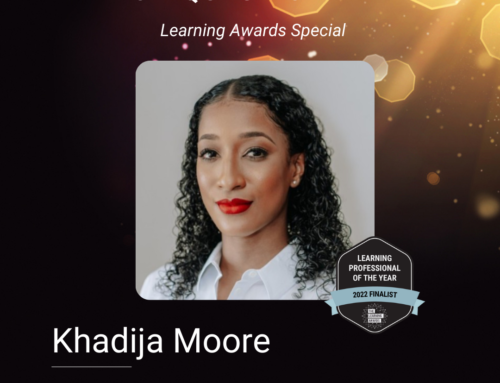
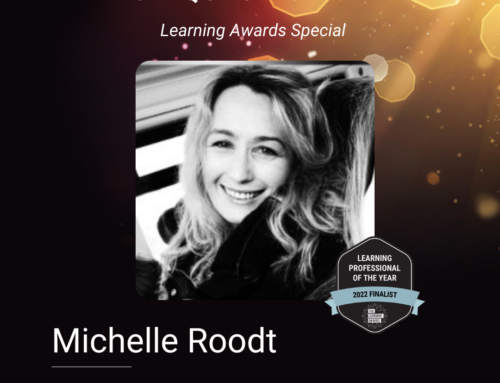
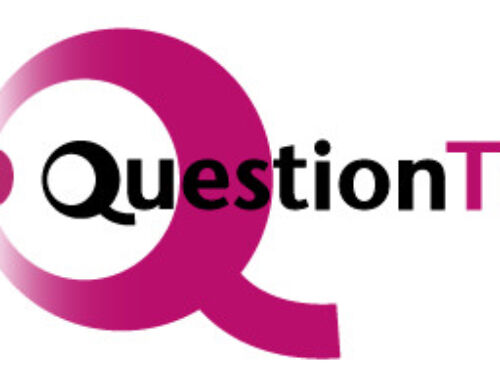

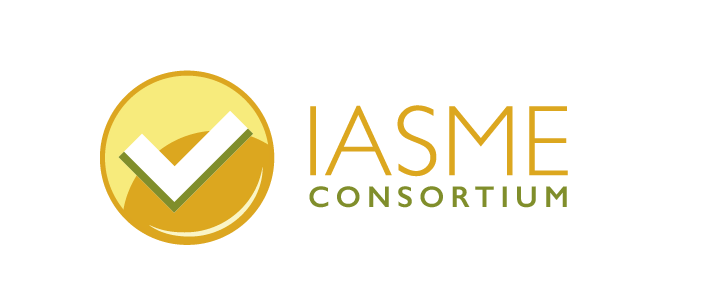

Leave A Comment